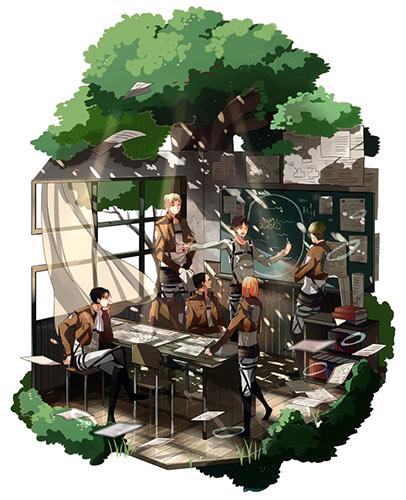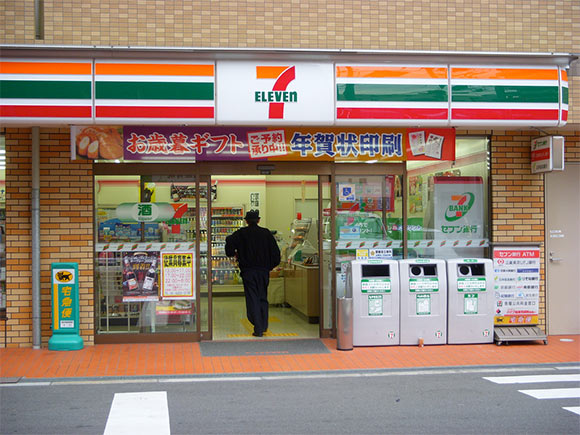One thing I love about Japan’s anime and manga world is the way it creates a “pop culture baseline” that’s universal in most parts of the world. Whether I travel to Belgium, Bulgaria or Brazil, I’m pretty sure I can find fans who speak the language of anime, manga and Touhou even if we can’t communicate directly. I first witnessed this phenomenon when I took my then 3-year-old Japanese daughter to the U.S. where she met her 12-year-old American cousin. She couldn’t speak English yet, and he couldn’t speak Japanese at all, but they both knew the name of every Pokemon and would sit for hours naming them all together. A couple months ago my son’s class made a school trip Taipei, Taiwan, where they visited their sister school and interacted with the students there. For a while everyone just sat around, not really having anything to say that was worth overcoming the linguistic difficulties. Then my son decided to ask the Taiwanese students if they liked Attack on Titan, and of course they did. Before long both groups had come together to trade information on their favorite SNK characters, exchange Pixiv fanart pictures on their phones and generally have a great time.
















